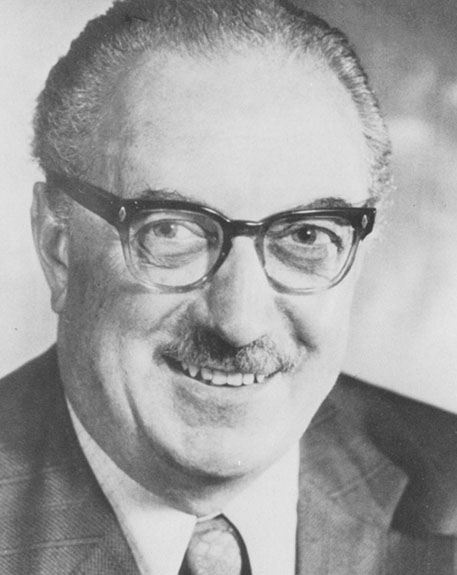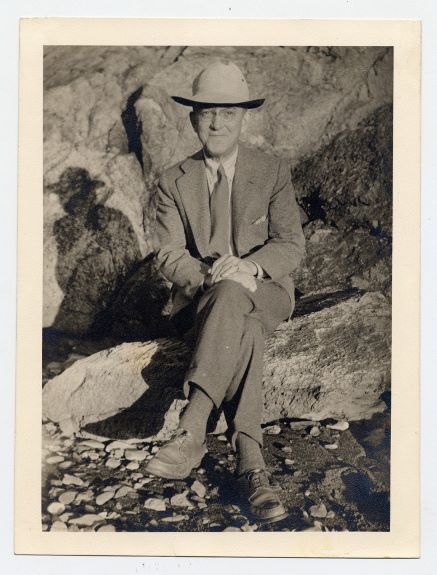1995 INDUCTEE Bruce Chown, MD The Early Days - Health Care Pioneers, Blood, Diagnosis, Treatment and Prevention
November 10, 1893
(Winnipeg, Manitoba)
July 3, 1986
MD, University of Manitoba (1922)
1970: Fellow of the Royal Society of Canada
1970: Honorary LLD, University of Saskatchewan
See All AwardsAwards & Honours:
1970: Fellow of the Royal Society of Canada
1970: Honorary LLD, University of Saskatchewan
1968: Gairdner Foundation International Award
1967: Officer of the Order of Canada
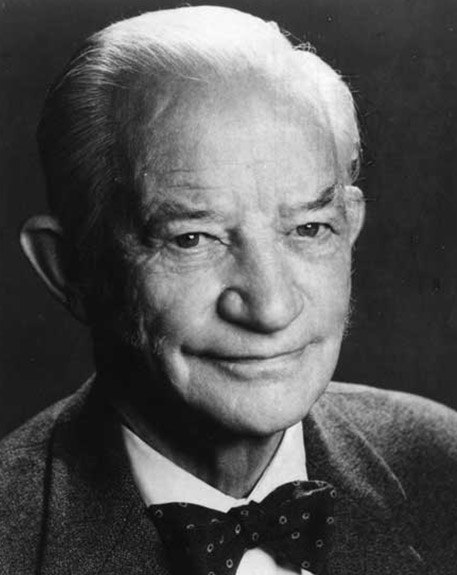
Developed the treatment for (Rhesus) Rh disease
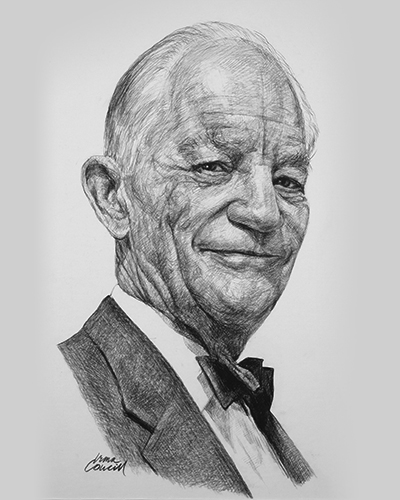
An expert clinician, diagnostician, innovator and teacher
Dr. Bruce Chown became a pathologist at the Children's Hospital in Winnipeg and devoted his career to studying erythroblastosis fetalis, a fetal blood disorder often known as “Rh disease”. The disease occurs when a pregnant mother has a different Rh factor than her unborn child, causing her immune system to attack the baby, leading to devastating complications in the development of important organs such as the heart, lungs and brain, or even death in utero or post-delivery.
Dr. Chown subsequently set up a facility along with Connaught Laboratories to manufacture Rh immune serum. His work resulted in the prevention of the vast majority of potential Rh disease in Canada and elsewhere in the world.
Key Facts
Became the first pediatrician in Manitoba
Involved in prevention of kernicterus, a brain disorder, by replacement transfusion and prevention of stillbirth by early delivery
Before Dr. Chown, Rh disease accounted for 10% of all fetal and neonatal deaths in Canada
He was a pioneer in his field and his work eliminated infant deaths from Rh disease
He has been referred as “a true giant in the fields of pediatrics, obstetrics, hematology and blood banking” who got rid of Rh incompatibility.
Professional timeline
Impact on lives today
With a keen intellect and scientific curiosity, Dr. Chown was an innovator whose work had a profound impact on the field of medicine. Once a widespread and deadly, Rh disease is now rarely seen in many countries of the world. Where the disease does exist, Chown’s work continues to save lives. His Rh immune globulin is still sold in 35 countries by Manitoba-based research firm Cangene.
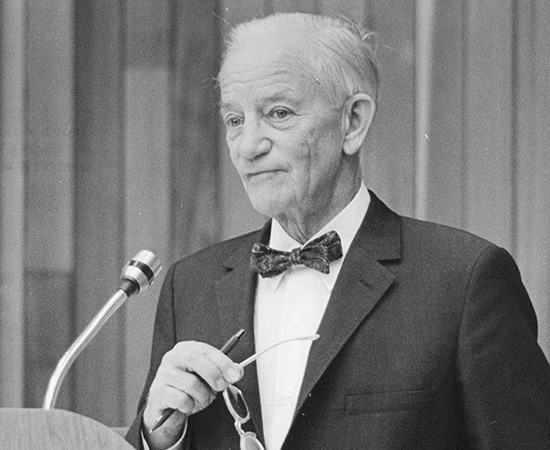
2020
-
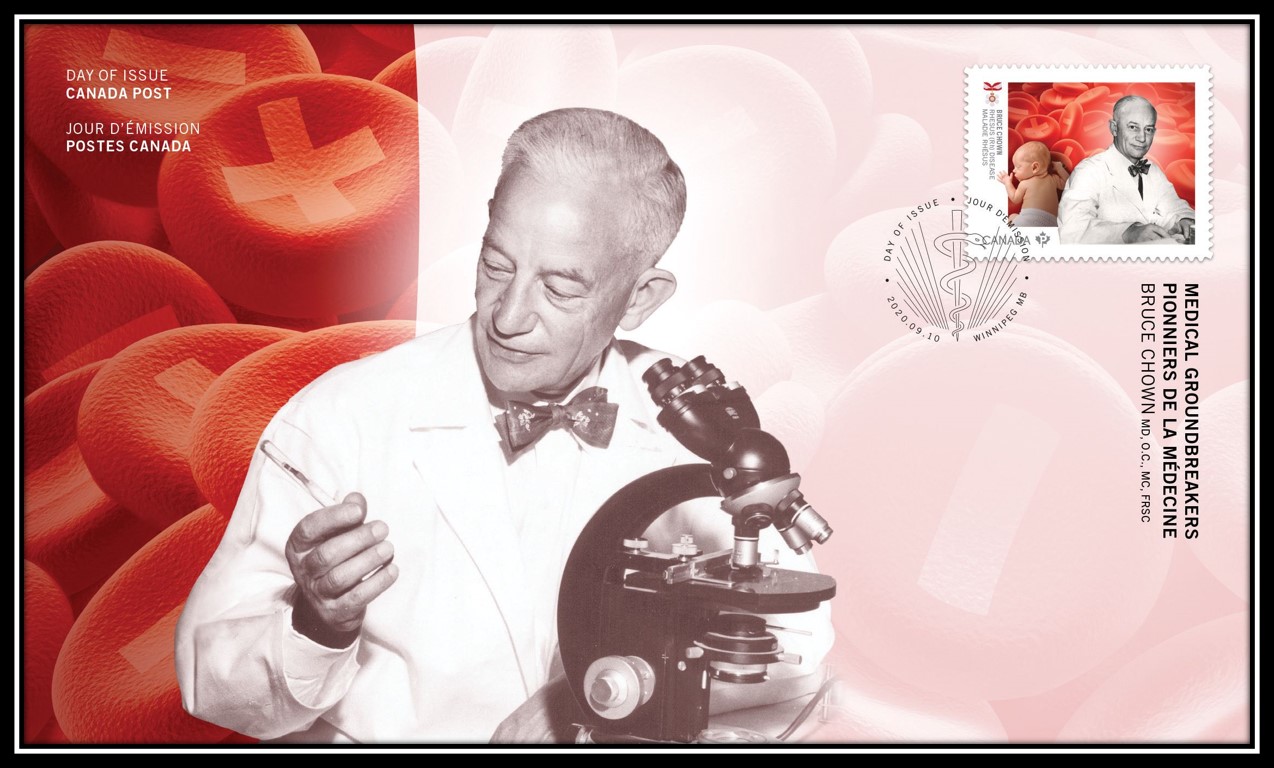
Canada Post issued five stamps honouring six Canadian physicians and researchers whose discoveries have saved lives and revolutionized patient care around the world
CMHF Laureates Drs. Bruce Chown, Julio Montaner, Balfour Mount, Vera Peters and James Till and Ernest McCulloch were honoured in this stamp series.
-
Bruce Chown posthumously inducted into the Canadian Medical Hall of Fame
London, Ontario
-
Dr. Chown stepped down as Director of the Rh Laboratory in Winnipeg.
BloodHe remained committed to his research, however, with the desire to work until no babies suffered from Rh disease.
-
Rh immunoglobulin was licensed for use in Canada
Patient Care, BloodUsed to prevent Rh disease, it has significantly decreased mortality rates related to this condition.
-
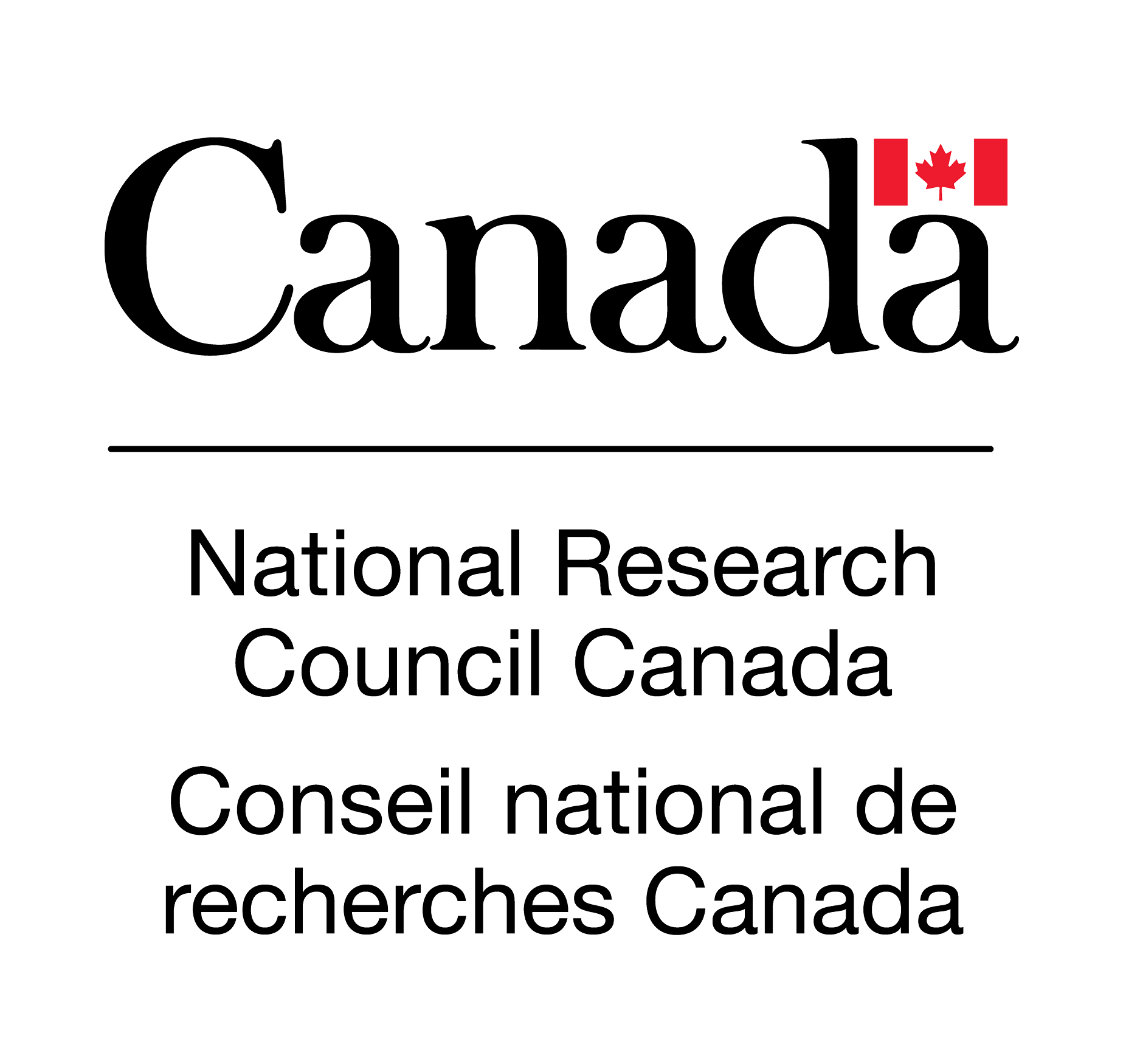
With a grant from the Canadian National Research Council, Bruce Chown established the Winnipeg Rh Laboratory
BloodWith his team of researchers, he developed an Rh antibody called “Rh Immune Globulin.
-
The rhesus (Rh) blood group system was discovered
Evidence-based Medicine & Clinical Trials, The Early Days - Health Care Pioneers, BloodDr. Chown set to work in pioneering research and clinical trials – often coming to the hospital in the middle of the night to perform blood transfusions.
-
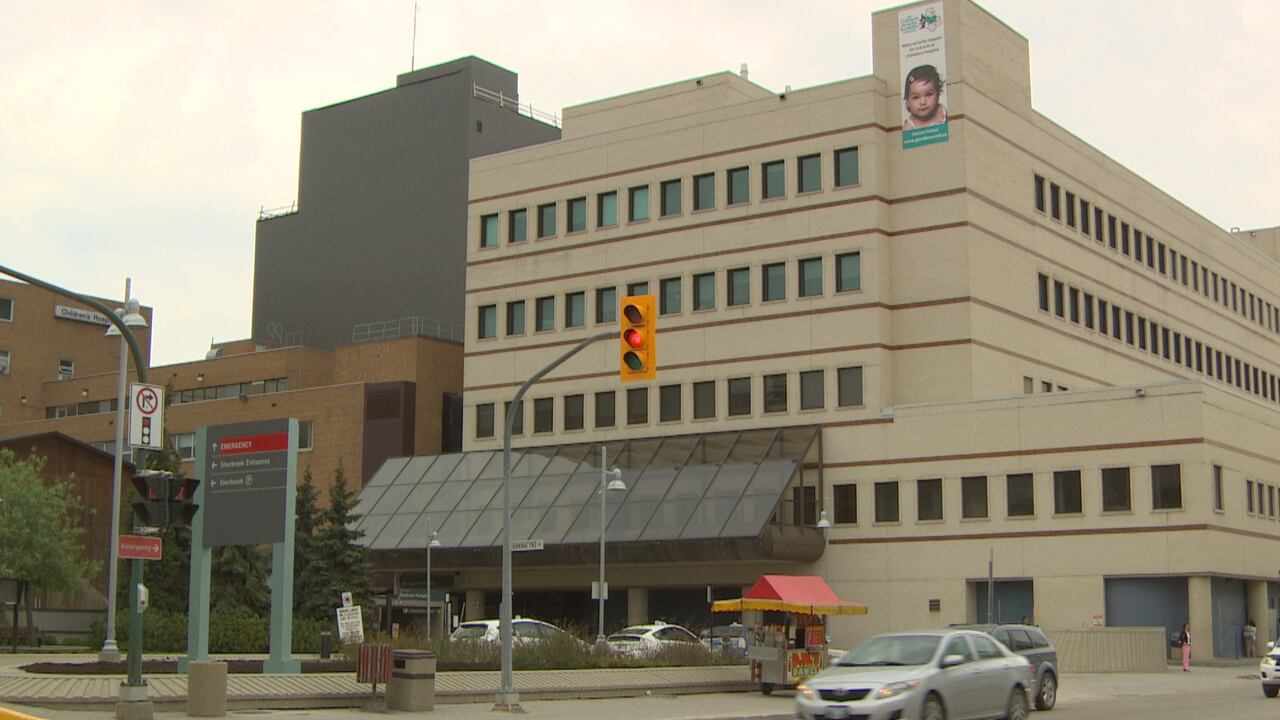
Upon his return to Canada, Dr. Chown became a pathologist at the Winnipeg Children’s Hospital.
Leadership in Organizational DevelopmentWhile in this role, he also accepted a position at the University of Manitoba, where he held a number of positions throughout his career, including the first full time Head of the Department of Pediatrics in Canada.
-
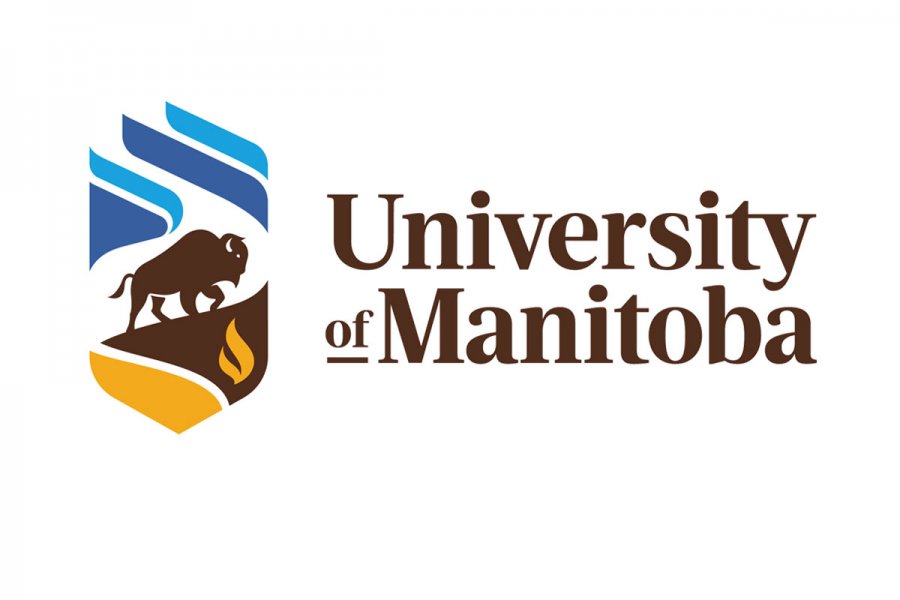
After serving as an artillery officer in the First World War, Chown decided pursue a career in medicine.
He earned his MD from the University of Manitoba in 1922.
-
Dr. Chown decided to study pediatrics.
After training at renowned institutions such as Columbia University, Johns Hopkins University and Cornell University, Dr. Chown became one of the few trained pediatricians in Canada.
1922
He had a keen intellect and curiosity that ultimately advanced medicine.

